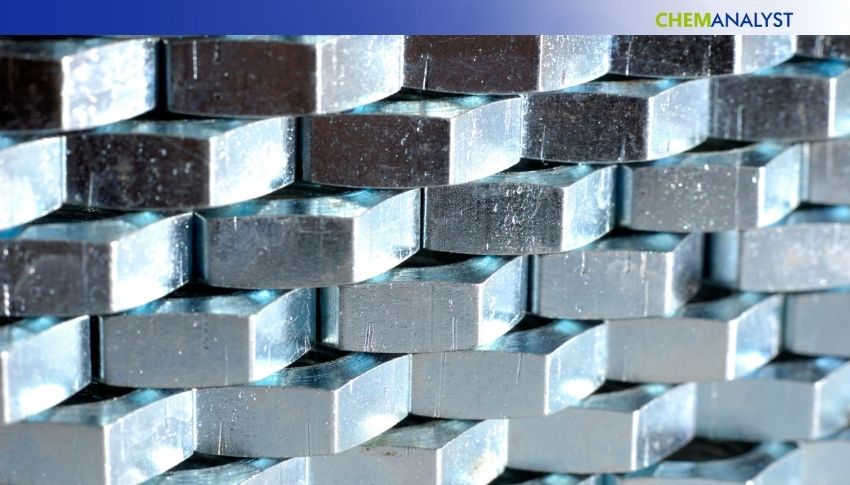Welcome To ChemAnalyst

In mid-July, aluminium ingot prices in China stayed mostly steady. Higher raw material costs and efforts to reduce stockpiles helped support prices. Although motorcycle production picked up and government subsidies boosted some demand, overall growth was held back by seasonal slowdowns, weak orders, and export difficulties. In Japan, prices increased due to tighter supply and lower port inventories. Strong demand from the auto sector and the growing AI industry, especially for high-purity ingots, is keeping the Japanese market firm.
Aluminium ingot prices in China were relatively stable in the week ending July 11, with a slight increase from the previous week, mainly due to surging raw material prices and an observable reduction in supply.
On the raw material supply side, the total weekly port arrivals of bauxite at domestic ports were 4.1175 million mt, a decrease of 481,700 mt from the previous week. The imported bauxite index was reported marginally higher than last week. The proportion of liquid aluminium dipped further to 74.78%, with the ingot casting volume increasing. Meanwhile, aluminium ingot inventory continued its destocking trend today, largely tied to shipment schedules and lower arrivals. The domestic aluminium ingot social inventory recorded at 466,000 mt on July 10, down 12,000 mt from the start of the week. The inventory buildup trend reversed to destocking, providing solid support for spot prices.
The strong rebound in China's motorcycle production (up 1% MoM) and sales (up 4.79% and 3.24% MoM) in June directly boosts demand for aluminium ingots. This downstream growth is further supported by a strengthening Chinese economy and fresh government subsidies aimed at promoting consumption.
With July seeing weak off-season demand, lackluster orders, and persistent export hurdles, the aluminium ingot market's upside potential is severely capped. This convergence of negative factors means we should prepare for intensified downward price risks in the near term, especially given the currently elevated price points for aluminium ingot.
In Japan, Aluminium Ingot prices experienced an increase of 1.76% in the middle of July, a change from the pattern of recent weeks. The increase in prices is closely tied to a decrease in supply and growth in demand from downstream sectors.
Heading into July 2025, aluminium ingot prices in Japan climbed due to considerable supply chain constraints. A clear sign was the ongoing depletion of inventories, with aluminium stocks at the three major Japanese ports reaching just 316,700 metric tons by June's end. This 4.3% month-on-month drop extended a period of tightening domestic supply. For import-dependent markets like Japan, these conditions exacerbate the challenge posed by dwindling port inventories.
Robust demand from the automobile and artificial intelligence industries is supporting aluminium ingot prices. Japanese car sales soared in June 2025, increasing by 21.32% month-on-month to reach 393,160 units. At the same time, the AI boom is driving increased demand for high-purity aluminium foil for server capacitors, which necessitates more high-purity ingots. The unstoppable growth of AI infrastructure means this segment is a powerful, expanding market for specific aluminium products.
We use cookies to deliver the best possible experience on our website. To learn more, visit our Privacy Policy. By continuing to use this site or by closing this box, you consent to our use of cookies. More info.
